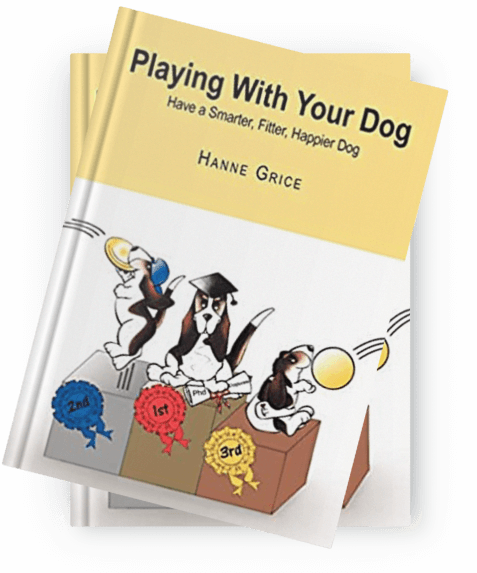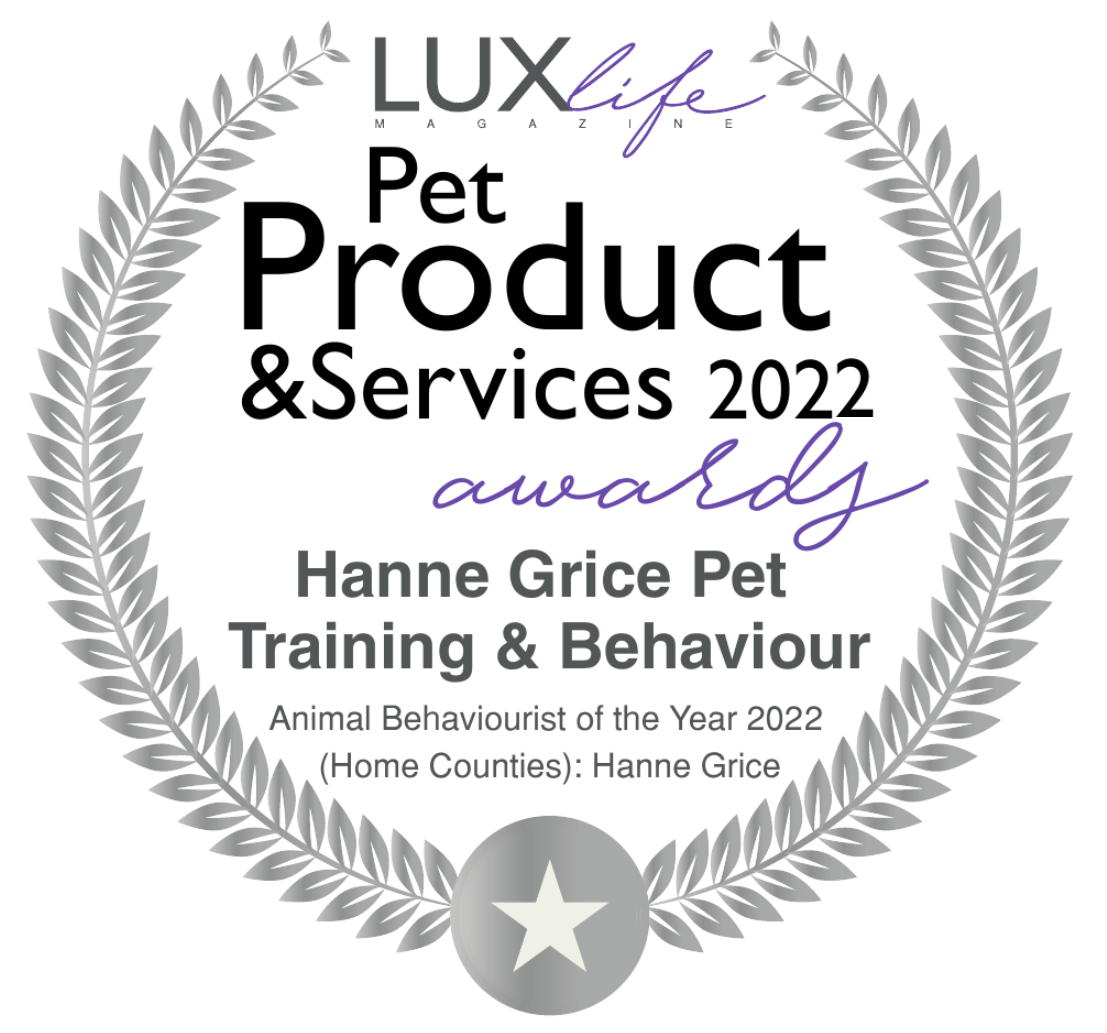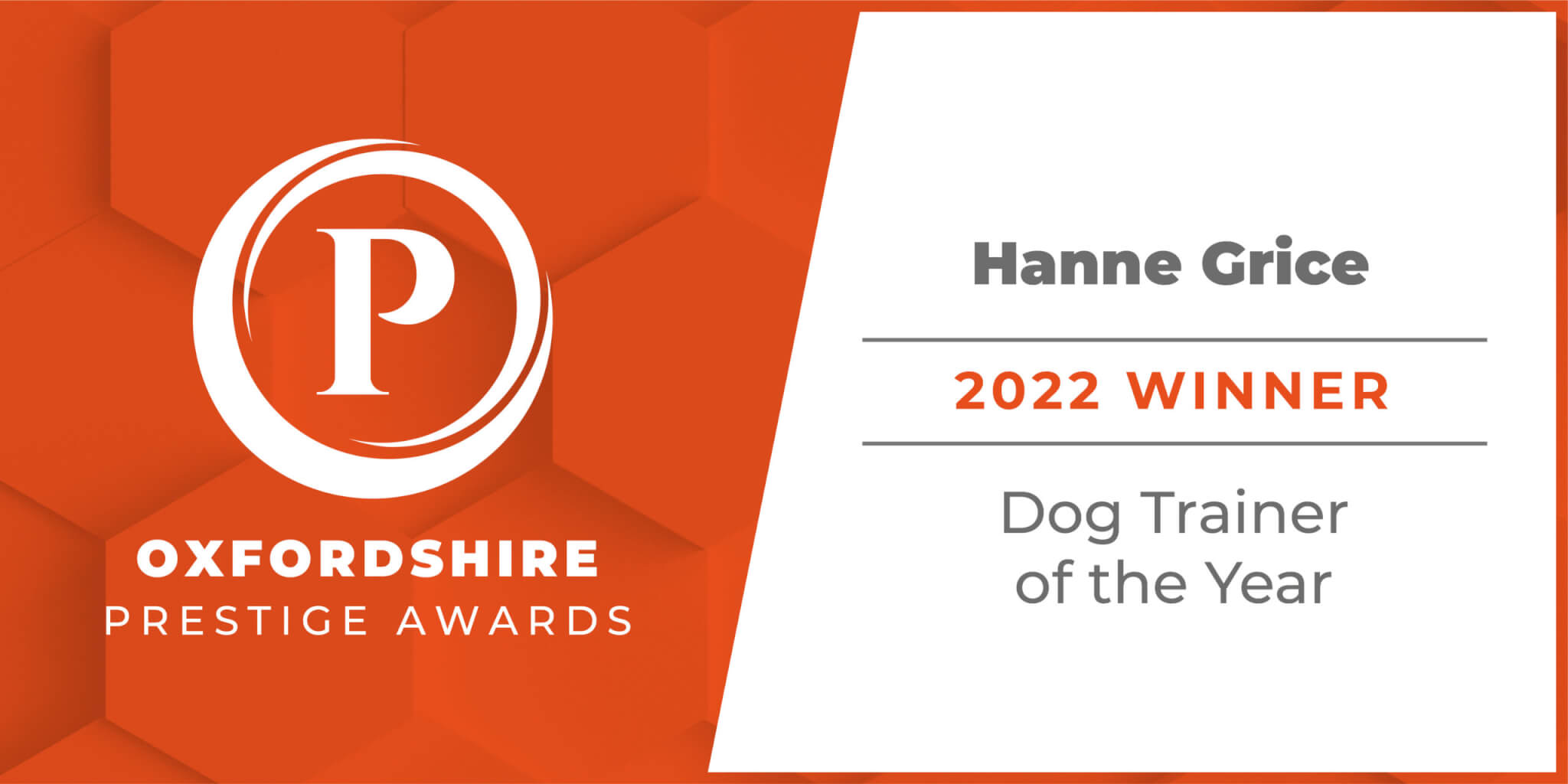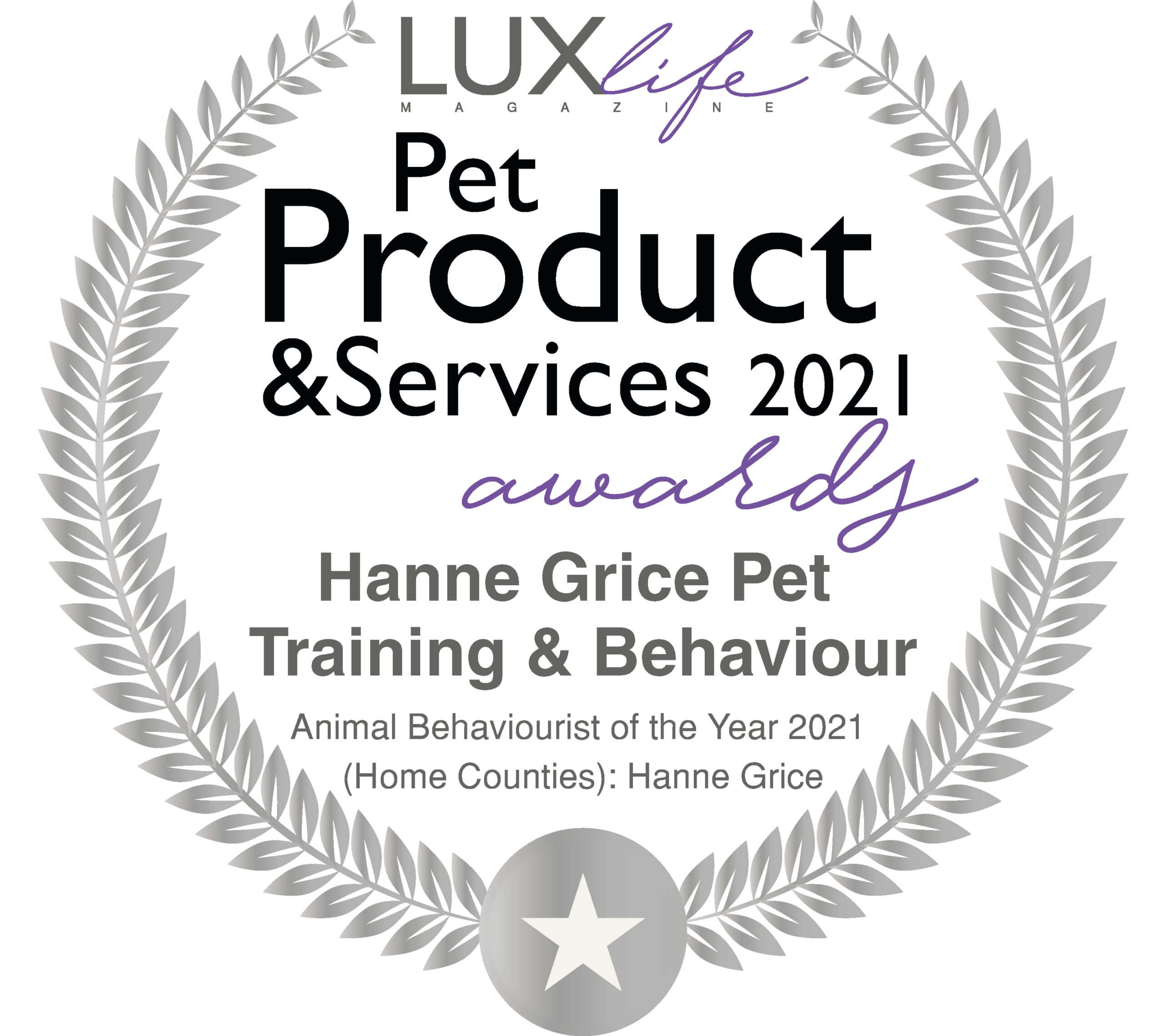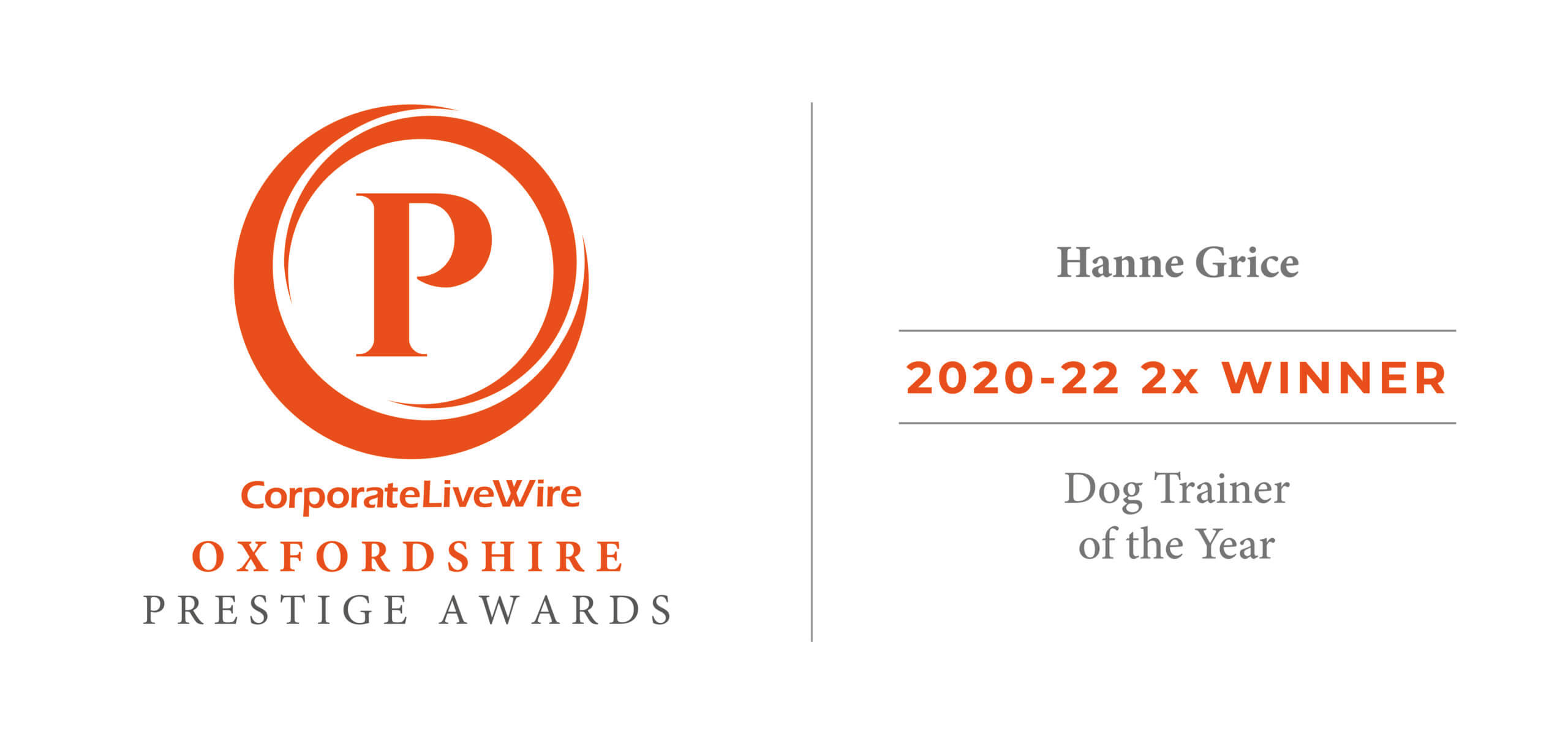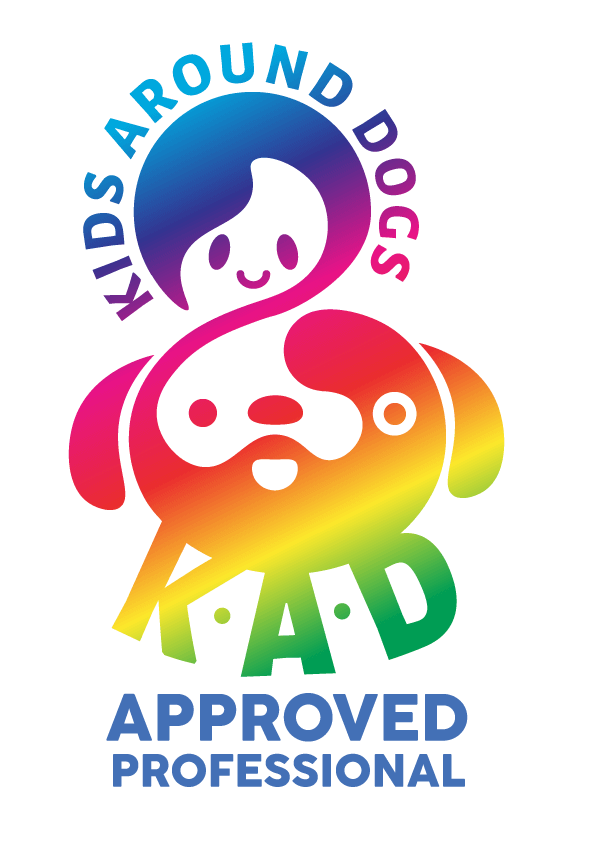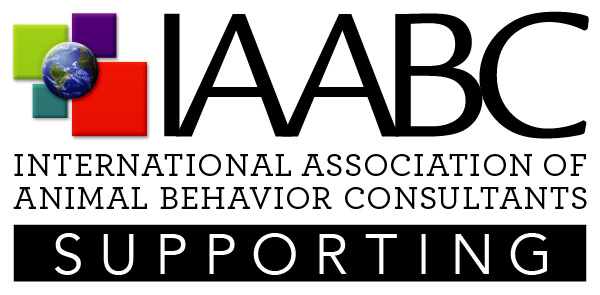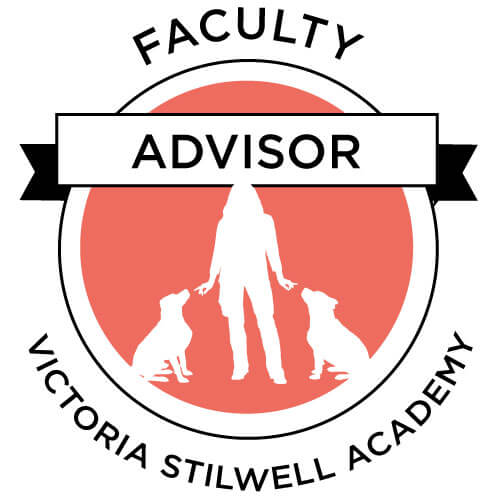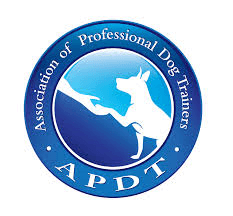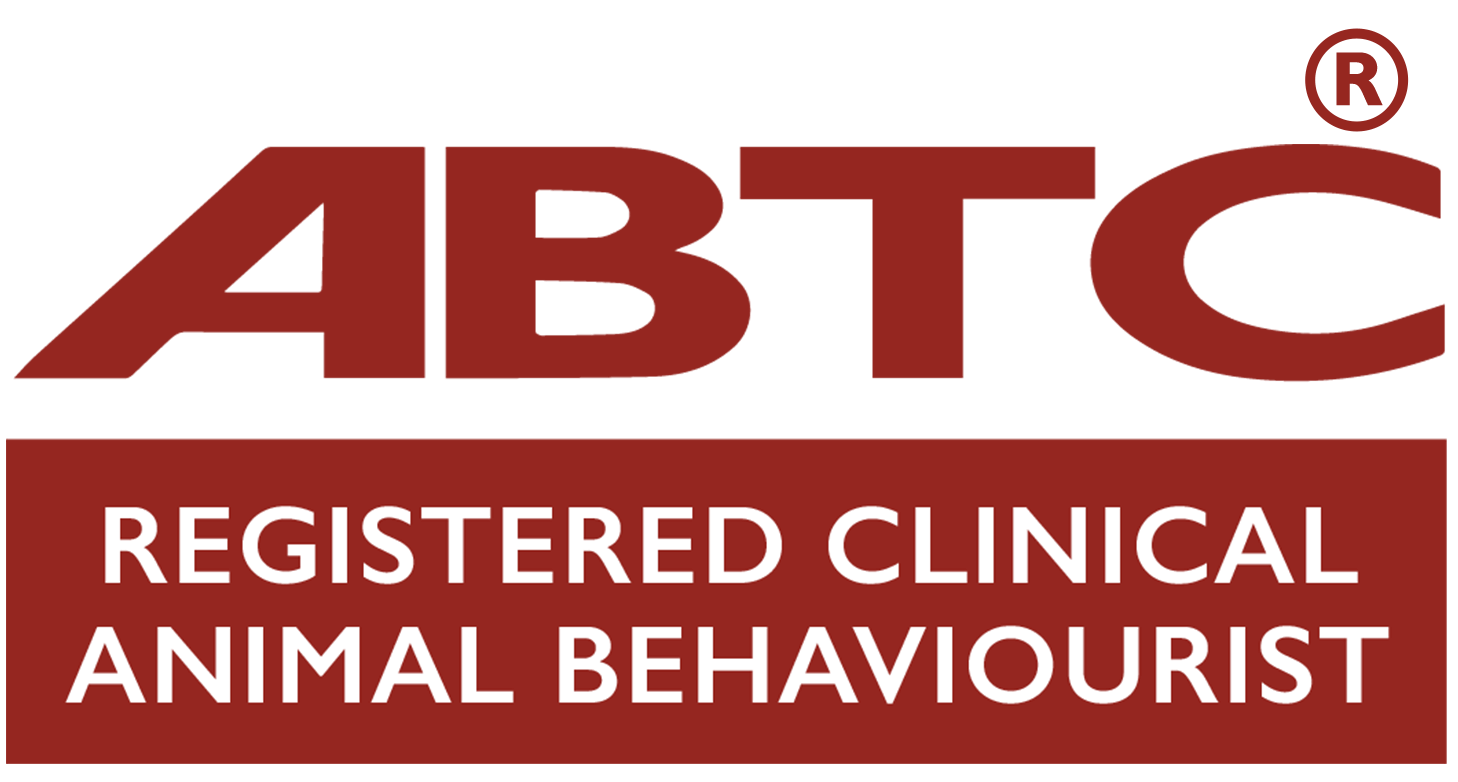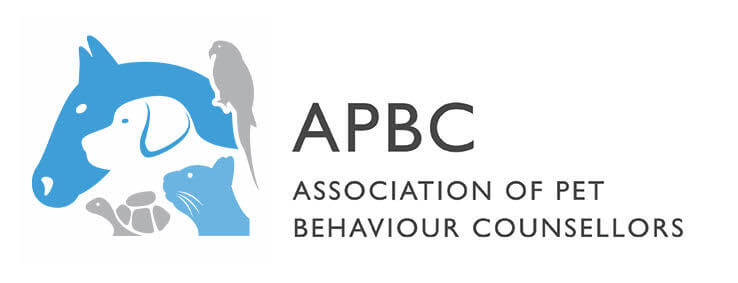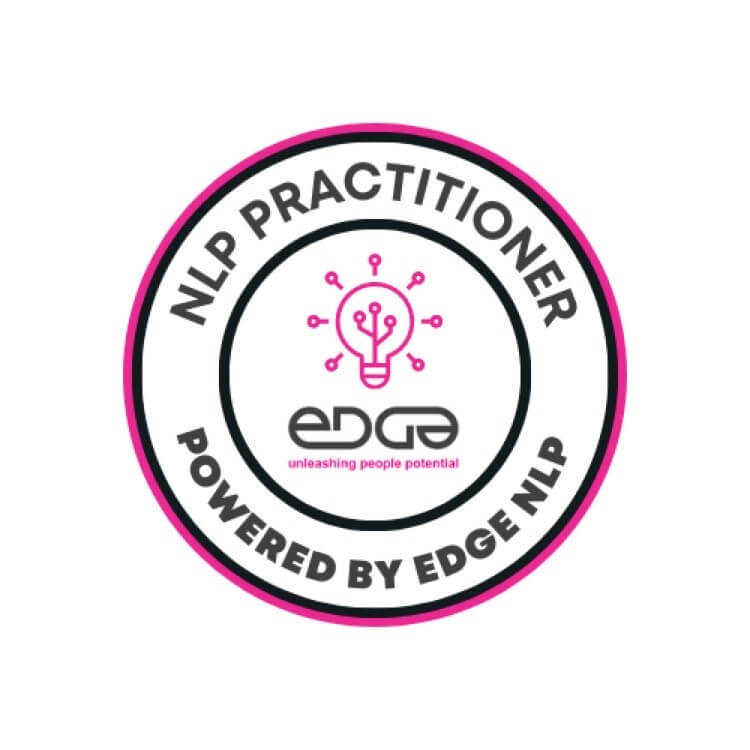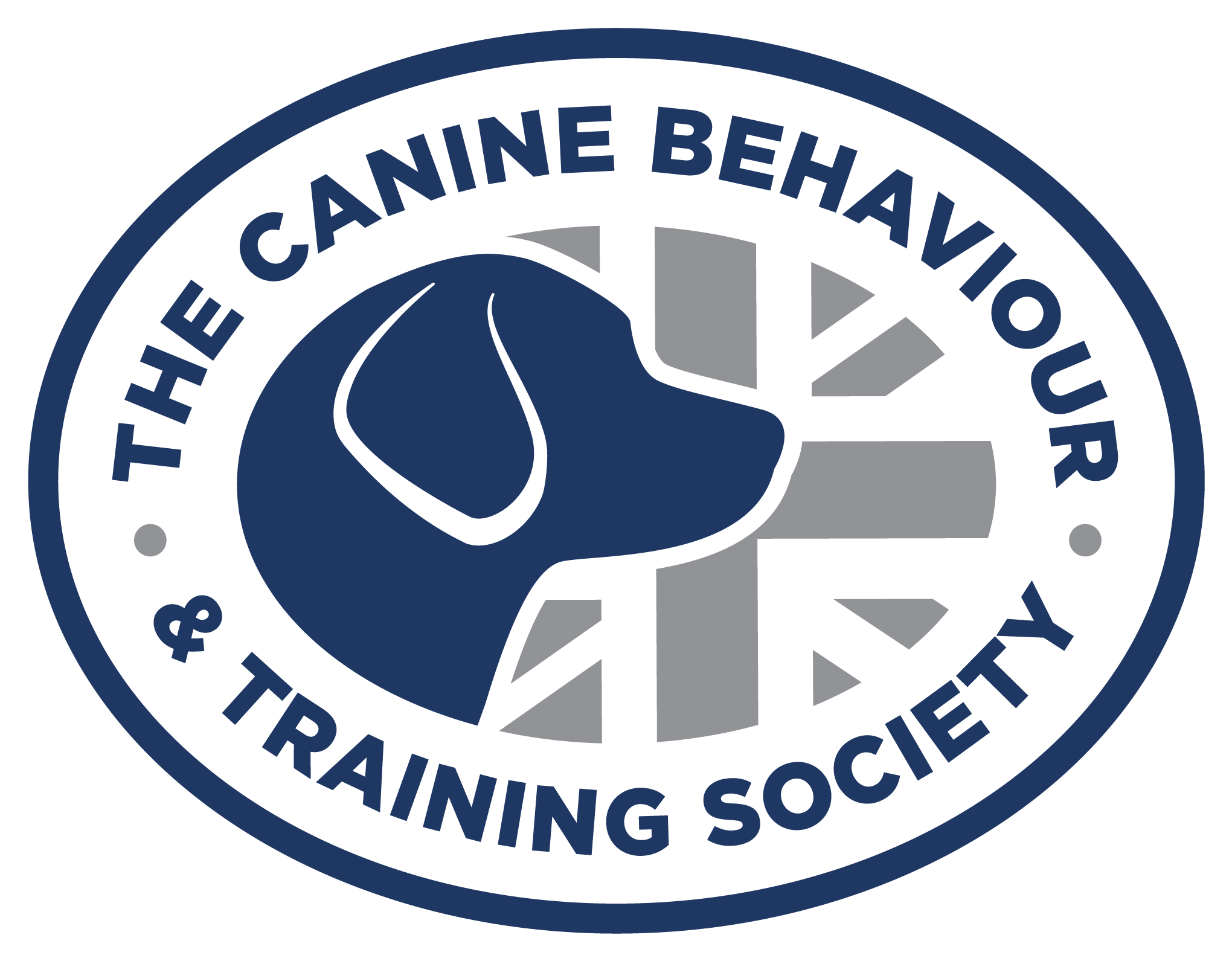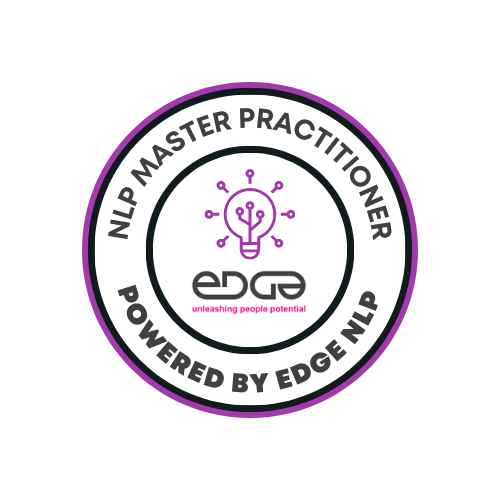Training a puppy can be an exciting journey, but it can also be a challenge, especially for beginners. However, with the right tools and knowledge, you can turn this challenge into a rewarding experience. This guide will help you understand the basics of puppy training, including the ideal age to start, the most challenging periods, and the essential cues (such as a verbal cue “sit” attached to the behaviour of the puppy’s bottom connecting to the floor) your puppy should learn.
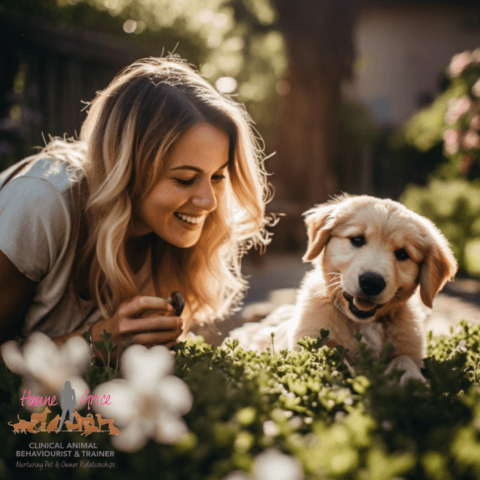
“How do you train a puppy for beginners?”
Firstly, let’s address a common question: “How do you train a puppy for beginners?” The key to successful puppy training is consistency, patience, and positive reinforcement. Start with teaching simple behaviours and attach verbal cues like “sit”, “stay”, and “come” to those behaviours. Using a visual cue can be very helpful such as a hand signal or an outstretched arm to prompt your dog to come to you when called. Use food treats, praise, touch and play as rewards for correct behaviour. Remember, training should be a fun and enjoyable experience for both you and your puppy. For a comprehensive guide, consider investing in The Puppy Package, a resource designed to help beginners navigate the world of puppy training.
“What is the hardest age to train a puppy?”
The next most commonly asked question is, “What is the hardest age to train a puppy?” While every puppy is unique, teething tends to kick around 13 weeks of age which can lead to headaches, sore gums, loose stools, and going off hard/dried kibble food but the puppy is still hungry. All this can increase the likelihood of the puppy grabbing and biting in frustration. This tends to decrease around 17-18 weeks of age then we are into puberty. Many owners find the “teenage” phase (from around 6 to 24-30 months) to be the most challenging. During this period, our young dogs increase in their energy levels but equally need quality rest and sleep, they are more hungry and need increased quantities of food and frequently – although many owners start to decrease feeding schedules because the dog is ‘no longer a puppy’, and teens go through a second phase of chewing (typically 6-10 months of age). Add into this heady mix, hormonal changes and immature brains, and we have risk-taking kicking in (recall can go out the window; jumping up leads to counter surfing, and more!). Teens are impulsive and this can be exacerbated where owners have attended puppy classes and then stop ‘training’ because they think their young dog has learnt the behaviours – but in actually, these behaviours are not well-generalised, meaning they cannot be performed across varied contexts. And, much like human teens, the young dog is likely to experience some anxieties during puberty. Things that may have bothered our puppy a little can, as a teen, bother them a lot, and sometimes teens will develop extreme reactions to different situations that seemingly never bothered them before! This phase is temporary, and with consistent positive training and patience, your pup will soon mature into a well-rounded adult.

“How old should a puppy be to start training?”
Now, you might be wondering, “How old should a puppy be to start training?” The best time to start training is as soon as you bring your puppy home, because they are already learning – this is why their experiences at the breeders or in rescue is critical. On average, owners may acquire their puppies from around 8-10 weeks old. Early training helps to instil good habits and reduce the likelihood of unwanted behaviours from developing.
“What should you teach a puppy?”
Finally, “What should you teach a puppy?” Start with behaviours like sit, lay down, come, stay, leave, drop and loose lead. See my article for more on this. Teaching these behaviours are useful in everyday situations and also essential for your puppy’s safety.
Training a puppy is a commitment, but the rewards are worth it. With patience, consistency, and the right resources like The Puppy Package, you can help your puppy grow into a well-mannered and happy adult dog.
Learn more about our classes
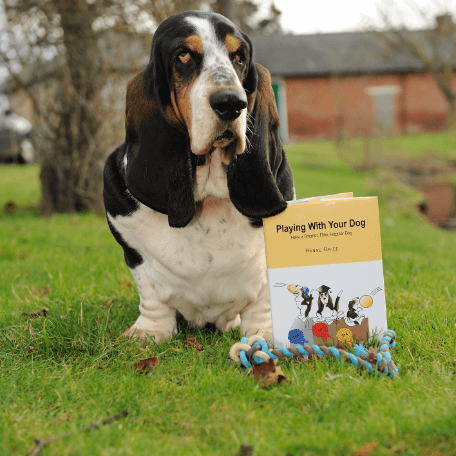
Get Hanne's Book
Playing With Your Dog will help any dog owner work out the games that are best suited for their pet to play throughout his life, from puppyhood to old age. The book also shares some tricks for all ages, group activities, and recommended toys that dogs will enjoy.
